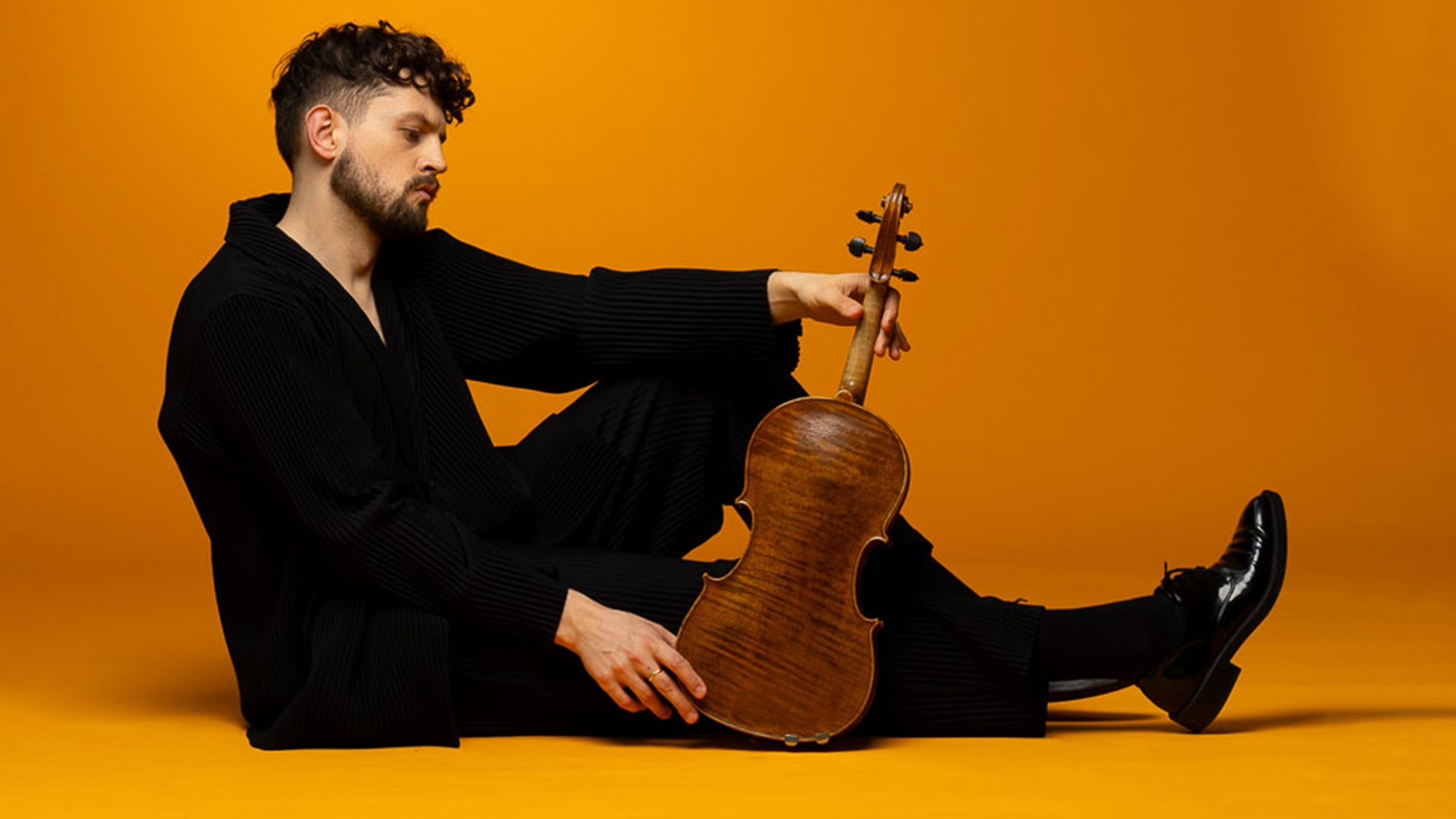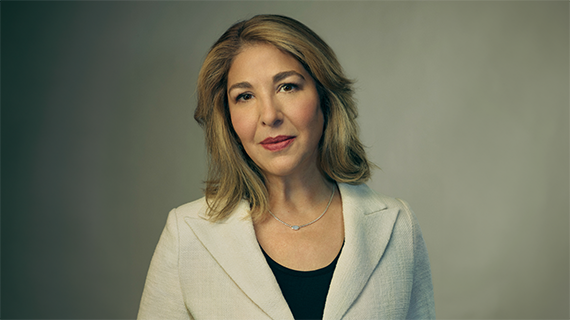

Arts Undergraduate Society (AUS) executives Daniel Munro, Vice-President Academic, and Jenna Omassi, Conference Coordinator, believe that there is real value in undergraduate Arts research.
“There is this underlying idea that undergraduate students lack the skills to produce proper research, and that simply isn’t true,” commented Jenna, a third-year double major in International Relations and Religious Studies. “Students want to enter the scholarly conversation in their early years and engage with it not only inside the classroom but outside as well.”
Recognizing that there are limited opportunities for students to showcase their academic work at UBC, Daniel and Jenna successfully created the inaugural Arts Undergraduate Humanities and Social Sciences Conference, hosted in January 2014. The conference, titled “Think Bigger”, was open to students from different post-secondary institutions in B.C.
“When you’re sharing and discussing scholarly ideas, it’s important to get as many perspectives as possible,” noted Daniel, a third-year Philosophy major. “For example, we had students submit proposals for criminology research, and that subject isn’t offered at UBC.”
The reaction to “Think Bigger” was enthusiastic. Over 75 proposals were submitted for the conference, which boasted around 100 attendees. Daniel and Jenna both agreed that the response from audience members, who were inspired to discuss themes and share ideas with each other, was the most compelling product of the conference.
“I was thrilled when I saw attendees engaging with each other after the presentation had finished,” Daniel said. “That was when I really knew that the event was a success.
Faculty and staff from UBC and other institutions supported the creation of the conference and several members were in attendance. Dr. Janet Giltrow, the Senior Associate Dean for Students in the Faculty of Arts, agreed that undergraduate research opportunities result in a more meaningful educational experience for students.
“Every undergraduate research project is an opportunity to step beyond the confines of the course, to engage in work with outcomes that last longer than 13 weeks, that mean more than a final grade,” Dr. Giltrow commented. “When students enter into the research domain, they leave behind their roles as consumers of knowledge and become producers.”
Planning an event for the first time can be challenging, and after this experience Daniel and Jenna are convinced that collaboration is the key to success.
“It’s important to partner with students and faculty who share your passion and work well together,” Jenna advised. “We had a vision, but we had a lot of help to realize it.”
For more information about the conference and how to get involved, visit the AUS website. If you are interested in other undergraduate research opportunities, explore the Multidisciplinary Undergraduate Research Conference, International Service Learning and the AMS Impact Grant.


